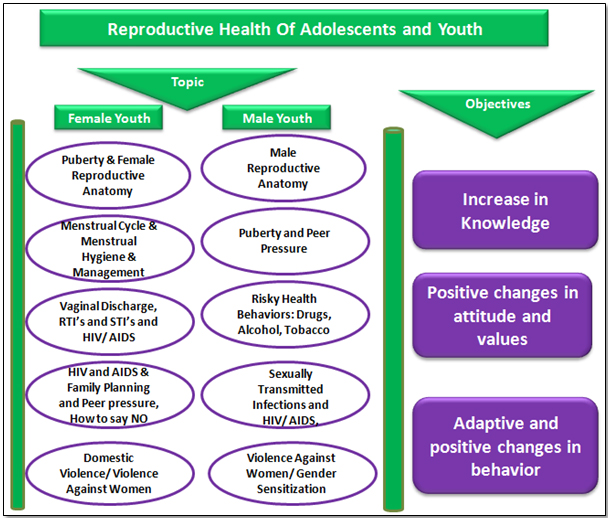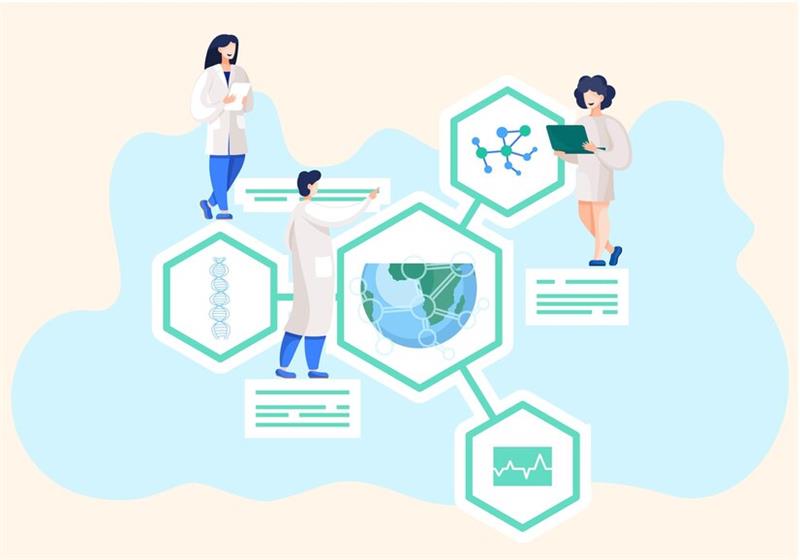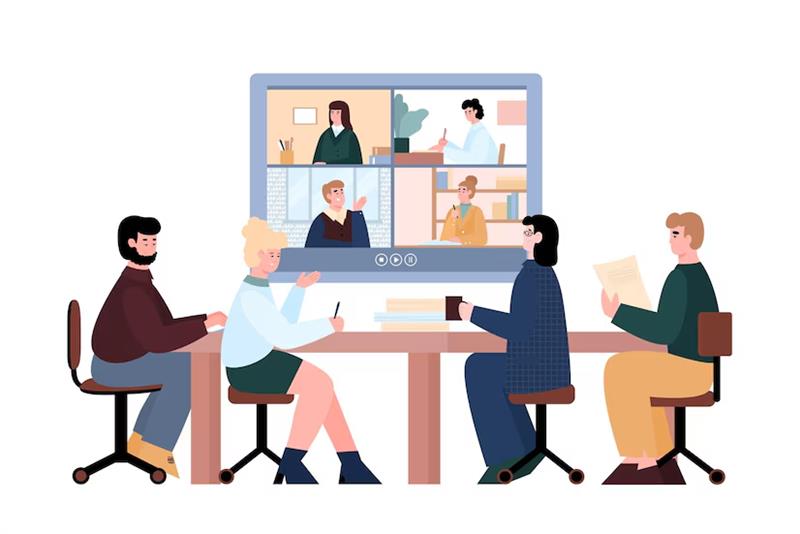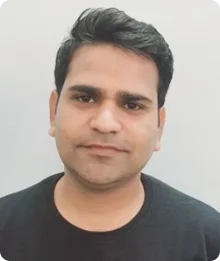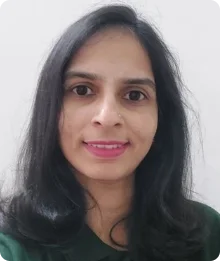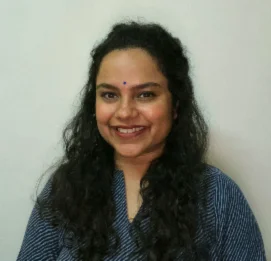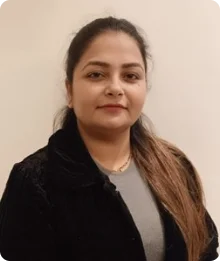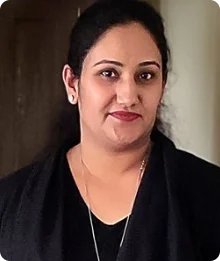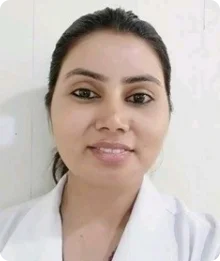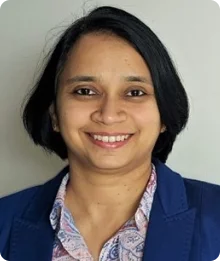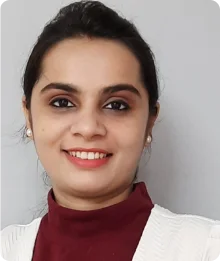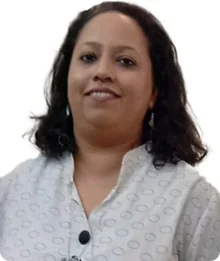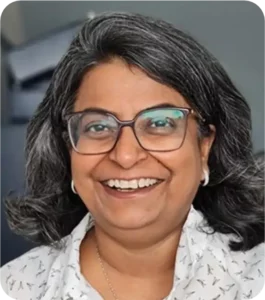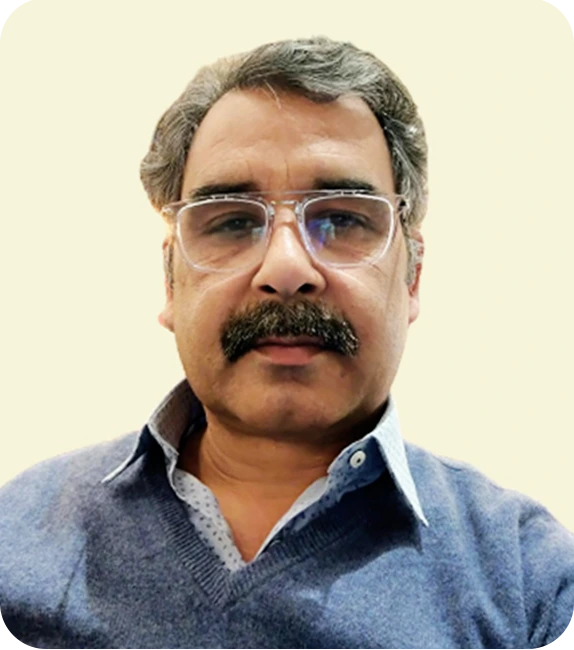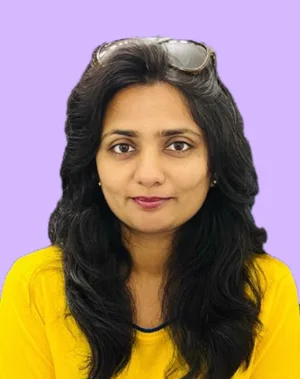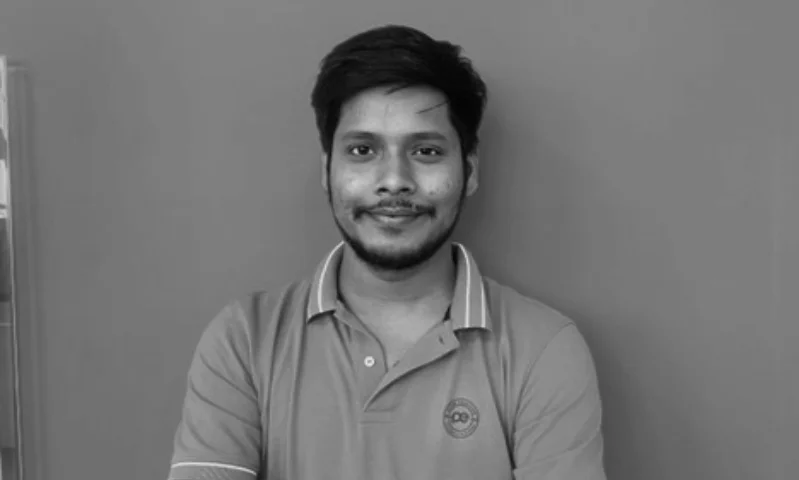February 12 is declared as Sexual and Reproductive Health Awareness Day annually. This day provides an opportunity to raise awareness about sexual and reproductive health issues and educate to reduce the spread of sexually transmitted infections (STIs). STIs are one of the major public health concerns. Hence,
Sexual and Reproductive Health Awareness Day is therefore an annual health promotion event which focuses on the importance of sexual health issues. Also these health awareness events create publicity for health issues and aims to improve the condition and help save lives, sometimes these events encourage preventative action against conditions becoming more serious.
Sexual health is a broad area that encompasses many inter-related challenges and problems. Key issues and concerns are human rights related to sexual health, sexual pleasure, eroticism and sexual satisfaction, diseases (HIV/AIDS, STIs, RTIs [reproductive tract infections]), violence, female genital mutilation, sexual dysfunction and mental health related to sexual health.
The objectives of this awareness include:
- Improving the acceptability of safer sex behavior;
- Decreasing the prevalence of STIs within the community;
- Providing sexual health information, education and resources ; and
- Improving health seeking behaviour to increase testing and treatment for STIs.
The goal of having an awareness week is to encourage people to consider the importance of maintaining reproductive health and talking about healthy decision-making with the people they care about.
Screening tests may help find diseases or conditions early when they are easier to treat. It is also important that each of us is aware of our own bodies so if changes occur that don’t seem normal they can be checked by a health-care provider.
The National Population Stabilisation Fund (Jansankhya Sthirata Kosh) has started a helpline to provide confidential counseling services and immediate answers to queries on sexual and reproductive health problems. For authentic telephonic information on Reproductive Health, Family Planning and Infant Health, Call 1800-11-6555. This helpline operates daily from 9am to 11pm. A team of health executives and doctors answer questions about sexual health concerns, sexually transmitted infections, contraception, pregnancy, infertility, abortions, menopause and puberty and can explain the functioning of the reproductive systems of males and females.
The helpline will also work towards removing popular misconceptions about sex, important in a country such as India where the subject is still socially taboo. When experimented with in schools, confidential information services have been shown to be in high demand. They can help in providing objective advice from a respected source rather than peers, the Internet and word of mouth, increase public knowledge of their rights and trust in public facilities, and can reduce the bridge between users and services.
Education can provide the social vaccine needed, offering a real chance at a productive life. Not only is education essential for preventing HIV, preventing HIV is essential for education.




